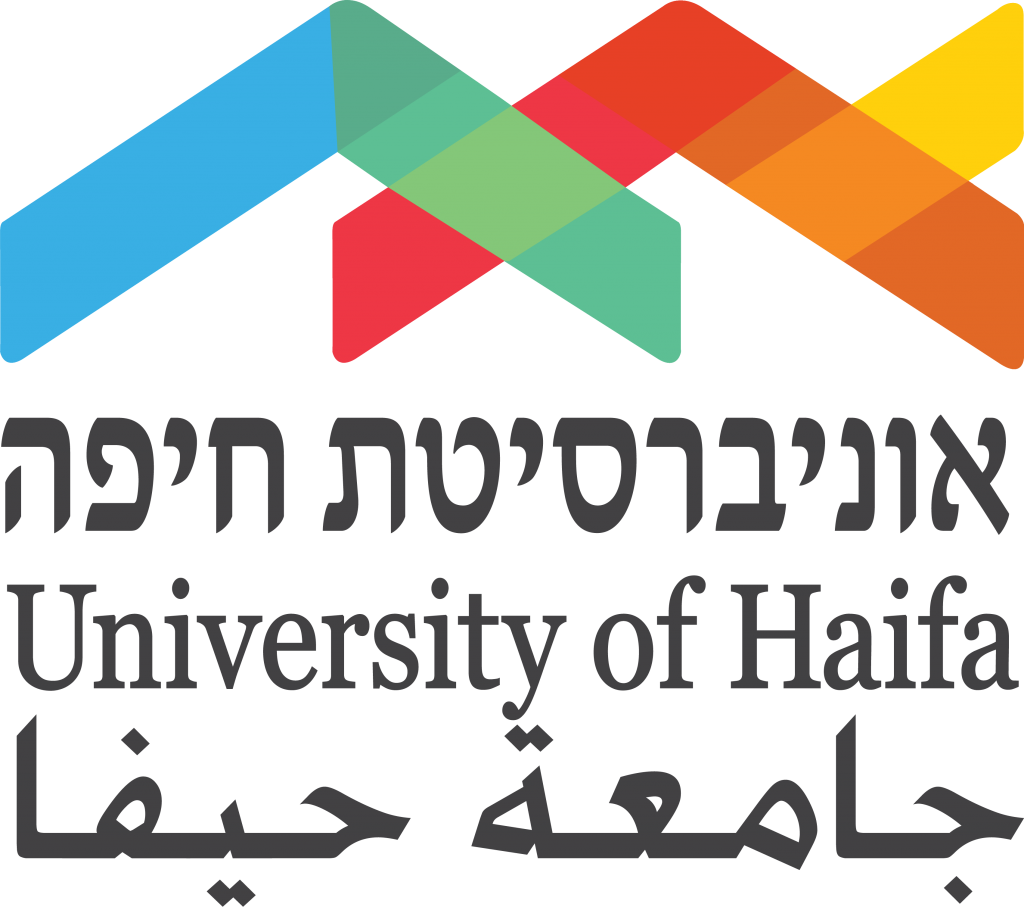
Dr. Shelley Shaul
04-8249006
Head of Laboratory:The Neurocognitive Laboratory for Early Childhood: Prevention and Intervention of Learning Disabilities
The early childhood laboratory was established in order to develop early identification tests (behavioral and brain-based) for at risk children for learning disabilities and behavioral and computerized interventions for at-risk groups from the age of 3 years old. The main topics of research are the development of language and cognitive abilities such as working memory, visual perception, sequential perception, speed of processing and executive functions and their connection to early literacy and numeracy skills. Understanding the role of these skills, which are the foundation of all learning processes, will help to develop screening batteries and intervention programs to help children and prevent difficulties before entering formal schooling.
My aim is to develop early identification tests and behavioral and brain-based interventions for at-risk children. The identification of at-risk children and implementation of intervention programs before formal schooling begins will help reduce the amount and severity of learning disabilities at later academic stages.
1998 B.A. Psychology and Multidisciplinary Studies, University of Haifa
2001 M.A Education, University of Haifa
2006 Ph.D. Division of learning disabilities, Neurocognitive Lab – Brain and Behavior Center, Faculty of Education, University of Haifa
2008 Post Doctoral-Fellowship, Gonda Brain Research Center, Bar-Ilan University
- Schwartz M. & Shaul, S. (under revision) Towards a better understanding of the link between executive functions and pre-academic abilities. Journal of Early Childhood Literacy. (40 pages)
- Nevo, E., Brande, S., Shaul, S. (2016) The effects of two different reading acceleration training programs on improving reading skills of second graders. Reading Psychology 37 (4), 533-546.
- Lipka, O., Katzir, T., Shaul, S. (2016). “The Basis of Reading Fluency in First Grade of Hebrew Speaking Children.” Reading Fluency. Springer International Publishing, pp. 91-104.
- Shaul, S., Katzir, T., Primor, L., Lipka, O. (2016). “A Cognitive and Linguistic Approach to Predicting and Remediating Word Reading Difficulties in Young Readers.” Interventions in Learning Disabilities. Springer International Publishing, pp. 47-66.
- *Schwartz M. & Shaul, S. (submitted) Towards a better understanding of the link between executive functions and pre-academic abilities. Journal of Early Childhood Literacy. (40 pages)
- *de Jong, M., Shaul, S., & Bus, A (submitted). Mathematics ability, Number sense, mathematics ability, and brain activity. A twin-case study, Cognitive Neuropsychology (44 pages) (IF 2.360 Ranking: 42/85).

